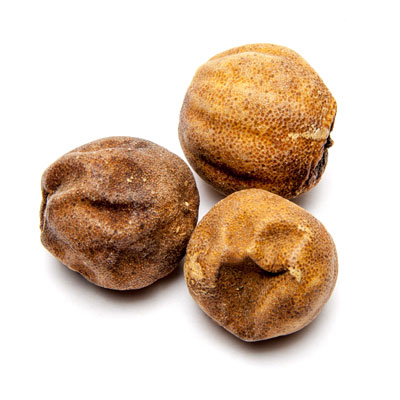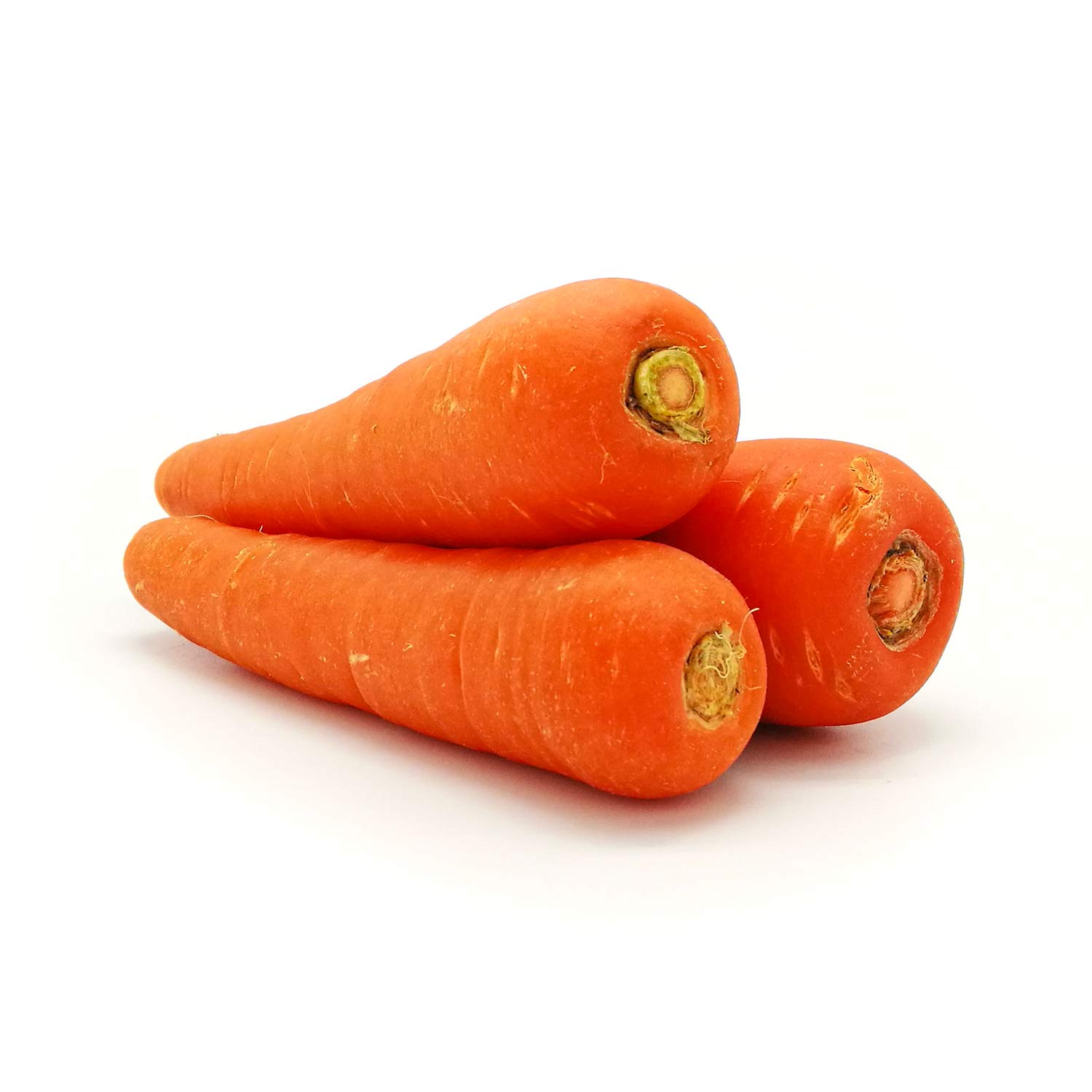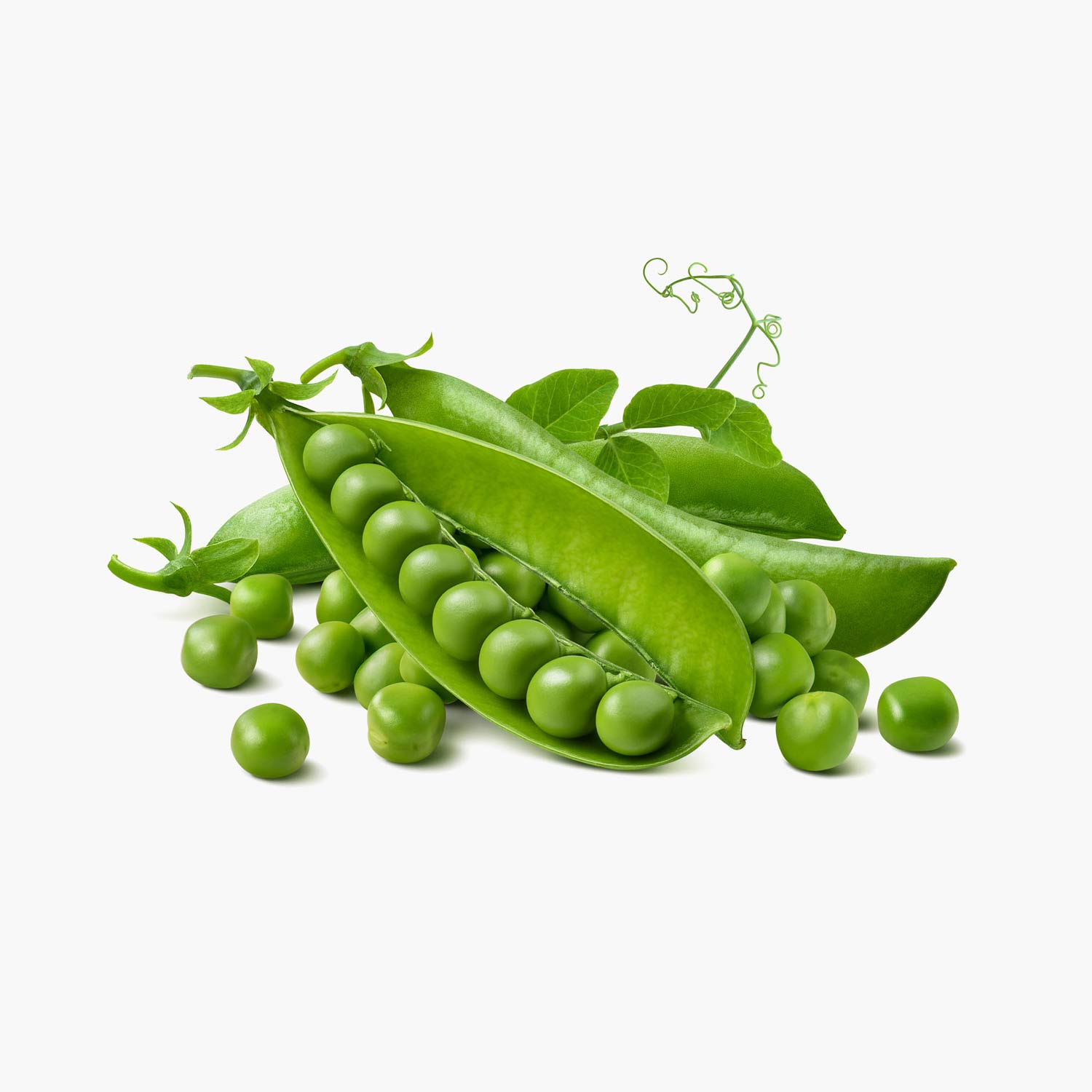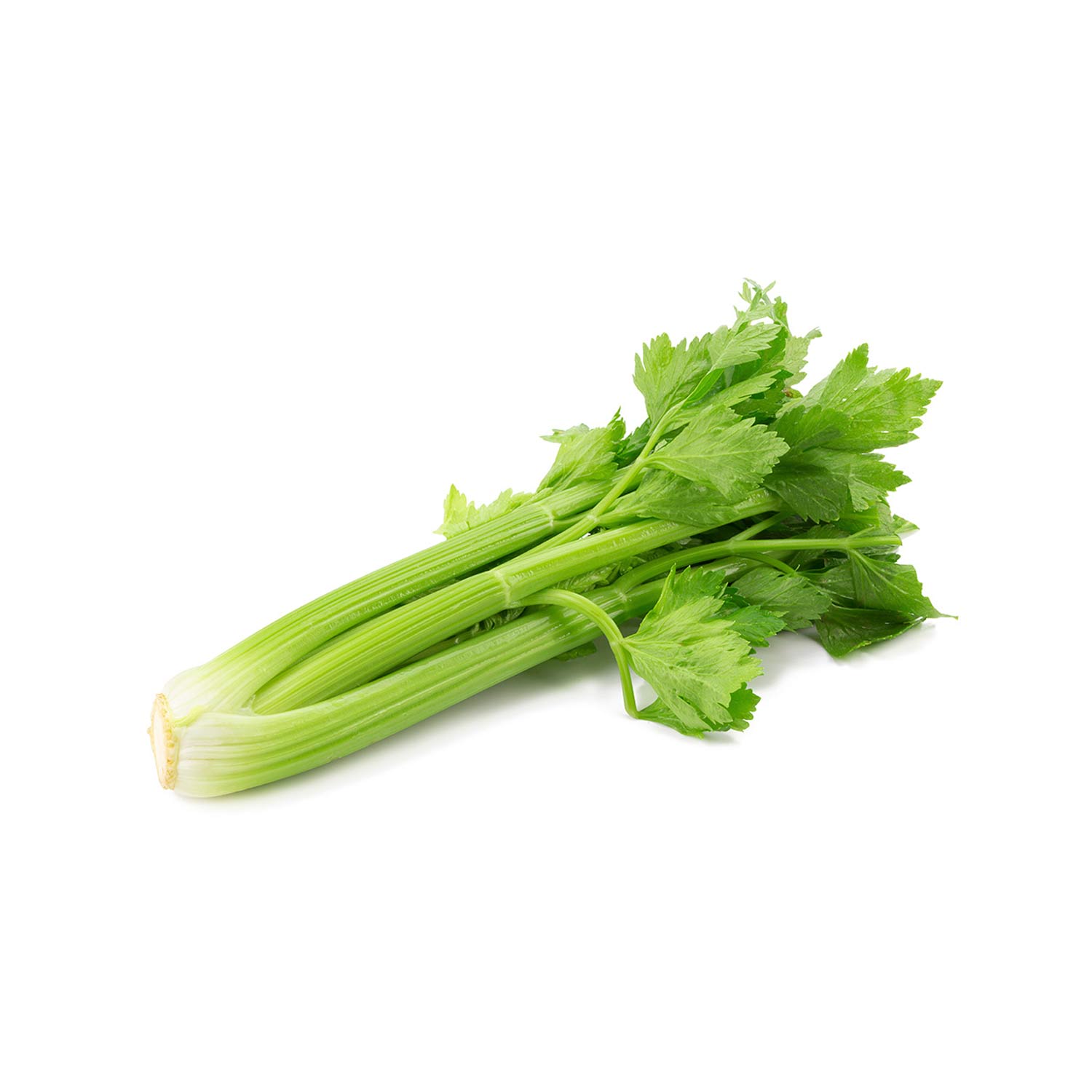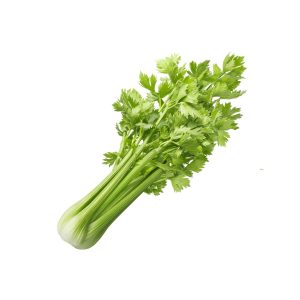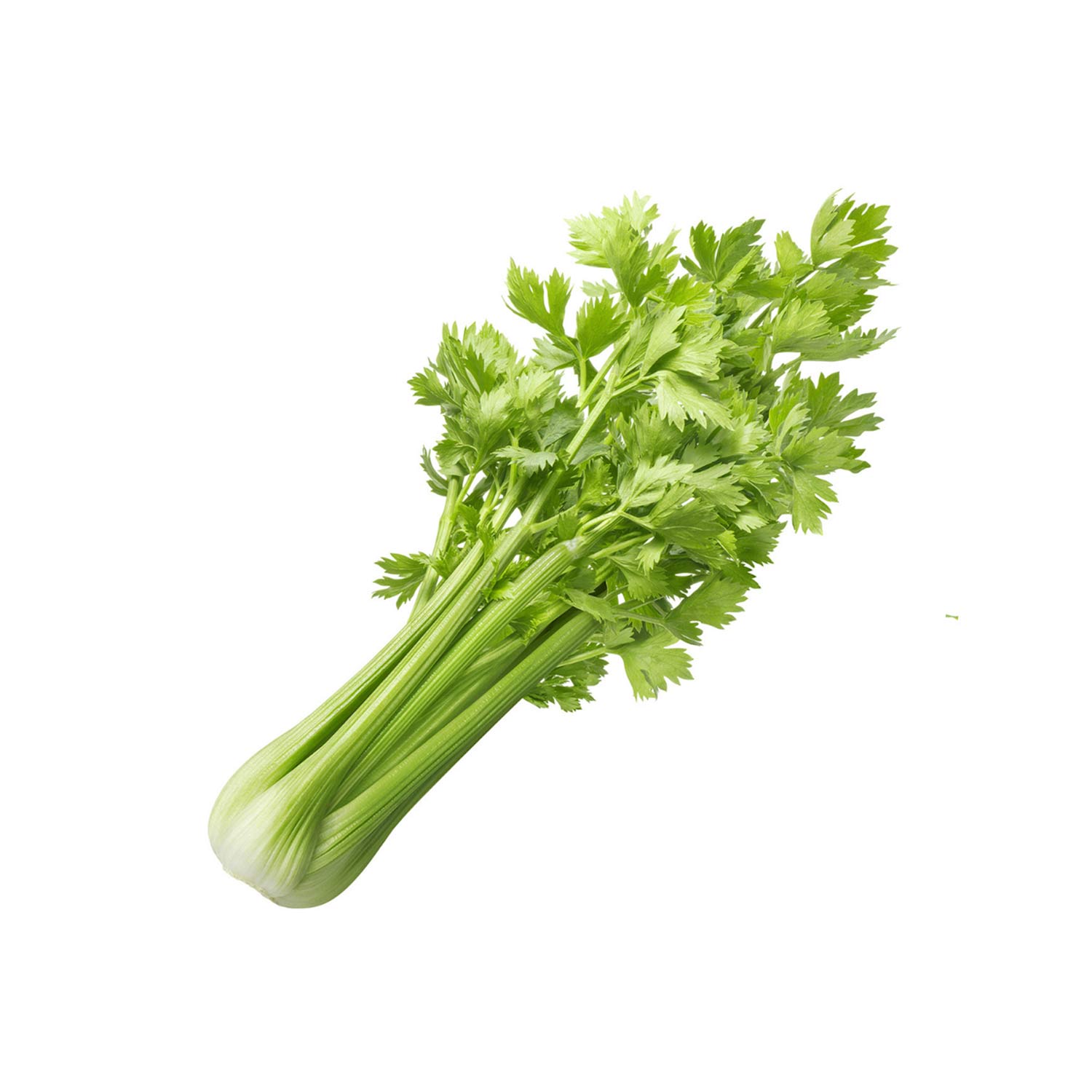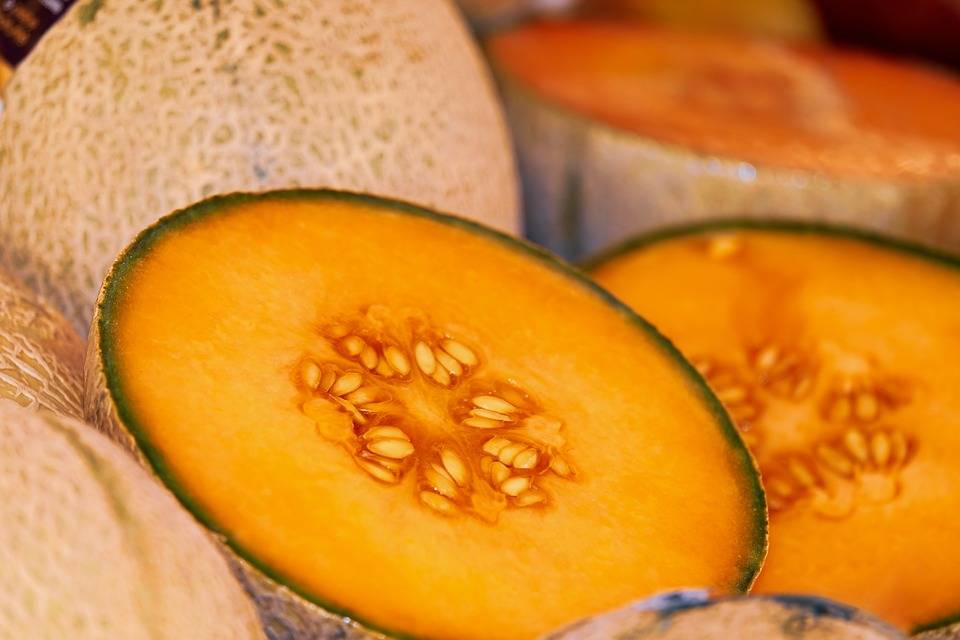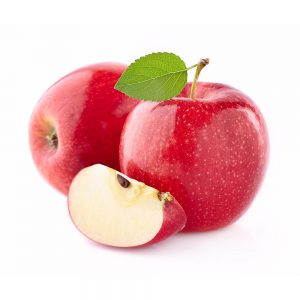A Natural Solution for Healthy Hair
Introduction to Hair Care
Dried lime, commonly known for its culinary and medicinal uses, is a powerful natural ingredient with remarkable benefits for hair health. Packed with vitamin C, antioxidants, and essential nutrients, dried lime is becoming increasingly popular in natural hair care routines. Whether used in hair masks, rinses, or oils, this citrus fruit can help nourish, strengthen, and revitalize hair. Let’s explore the key benefits of dried lime for hair and how it can transform your hair care regimen.



Why Dried Lime is Great for Hair
Dried lime is rich in essential vitamins and nutrients that are not only great for your body but also excellent for maintaining and improving hair health. Its high concentration of vitamin C, a key nutrient for healthy hair growth, makes it an ideal ingredient for people looking to improve their hair’s appearance and strength.
1. Promotes Hair Growth
One of the main benefits of dried lime for hair is its ability to promote healthy hair growth. Vitamin C plays a critical role in the production of collagen, a protein that is essential for hair structure. By boosting collagen production, dried lime helps strengthen hair follicles, which can lead to faster and healthier hair growth.
Incorporating dried lime into your hair care routine can stimulate blood circulation in the scalp, encouraging better nutrient delivery to the hair roots, which in turn supports hair growth.
2. Prevents Hair Breakage
The antioxidants in dried lime protect hair from environmental damage caused by free radicals. Free radicals can weaken hair, causing it to become brittle and prone to breakage. Regular use of dried lime in hair treatments helps protect the hair shaft, making it more resilient to damage from styling, heat, and pollution.
Dried lime’s vitamin C content also helps seal the hair cuticle, reducing split ends and hair breakage, giving hair a smoother and healthier appearance.
3. Reduces Dandruff and Scalp Irritation
Dried lime has natural antibacterial and antifungal properties that can help treat dandruff and soothe an itchy, flaky scalp. Dandruff is often caused by excess oil, bacteria, or fungus buildup on the scalp, leading to irritation and flaking. The astringent properties of dried lime help balance scalp oils and combat dandruff-causing microbes, resulting in a healthier, flake-free scalp.
Using dried lime as a scalp rinse or in a hair mask can effectively reduce scalp irritation and leave your hair feeling refreshed and revitalized.
How to Use Dried Lime for Hair Care
1. Dried Lime Hair Mask
A simple way to incorporate dried lime into your hair care routine is by making a hair mask. Mix dried lime powder with water or coconut oil to create a paste and apply it directly to your scalp and hair. Leave it on for about 20 minutes before rinsing thoroughly. This mask helps nourish the scalp, improve hair texture, and promote growth.
2. Dried Lime Scalp Rinse
You can also use dried lime as a natural hair rinse. Boil a few dried lime pieces in water, allow it to cool, and use the lime-infused water as a final rinse after shampooing. This rinse helps detoxify the scalp, reduce dandruff, and leave hair with a natural shine.
3. Dried Lime Oil Treatment
Dried lime oil, when infused with carrier oils like coconut or olive oil, can be massaged into the scalp to boost hair strength and reduce hair fall. Regular oil treatments can deeply condition the hair, making it smoother and shinier.
Benefits of Dried Lime for Hair
- Nourishes the scalp: Dried lime delivers essential nutrients to the scalp, keeping it healthy and nourished.
- Prevents dandruff: With its antimicrobial properties, dried lime helps combat dandruff and soothe itchy scalps.
- Strengthens hair: The vitamin C and antioxidants in dried lime strengthen hair strands, reducing breakage and split ends.
- Enhances shine: Dried lime can give hair a natural shine and smoothness, making it look more vibrant.

